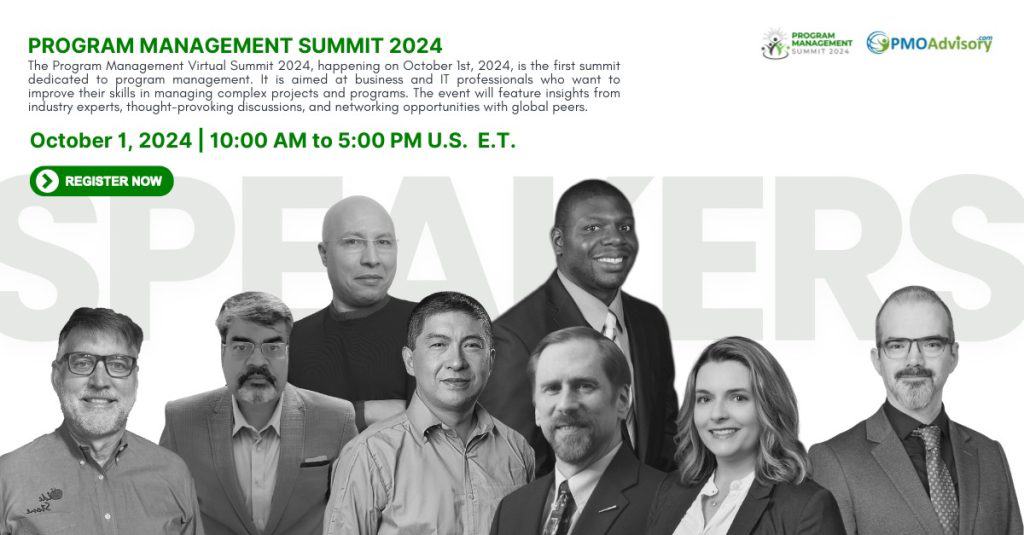Program governance is a critical component of effective program management. It provides a structured framework that ensures alignment with organizational goals, enhances accountability, and facilitates effective decision-making. By establishing clear roles, responsibilities, and processes, governance promotes transparency and consistency across the program, ultimately driving organizational success and sustainability.
Alignment with Organizational Goals
One of the primary benefits of implementing program governance is ensuring that all program activities are aligned with the organization’s strategic objectives. Governance frameworks provide the necessary structure to keep programs focused on delivering outcomes that support the overall mission and vision of the organization. This alignment helps in prioritizing initiatives that offer the most value and ensures that resources are allocated efficiently.
Accountability and Decision-Making
Clear governance structures enhance accountability within the program. By defining specific roles and responsibilities, governance ensures that everyone involved understands their duties and is held accountable for their actions. This clarity facilitates effective decision-making, as it is easier to identify who is responsible for each aspect of the program. Moreover, governance mechanisms often include decision-making processes that ensure decisions are made transparently and consistently.
Risk Management
Effective governance plays a crucial role in risk management. By identifying potential issues early in the program lifecycle and establishing escalation paths, governance frameworks enable the implementation of controls to mitigate risks before they become significant problems. Regular monitoring and reporting mechanisms ensure that risks are continually assessed and managed, which helps in maintaining the program’s stability and progress.
Stakeholder Engagement and Communication
Stakeholder engagement is vital for the success of any program. Governance facilitates this by establishing clear communication channels and processes for engaging stakeholders. Regular updates, feedback loops, and transparent reporting help manage stakeholder expectations and ensure that their needs and concerns are addressed. This engagement is crucial for maintaining support and ensuring that the program remains aligned with stakeholder interests.
Resource Optimization
Governance supports resource optimization by ensuring that efforts are prioritized based on strategic objectives. With a clear framework in place, it is easier to allocate resources where they are needed most, avoiding wastage and maximizing efficiency. This prioritization ensures that the program delivers value by focusing on the most critical activities and objectives.
Enhancing Program Success
In essence, robust governance in program management significantly enhances the likelihood of successful program delivery. By providing a structured approach to alignment, accountability, risk management, stakeholder engagement, and resource optimization, governance frameworks create an environment conducive to achieving program goals. This structured approach not only drives organizational success but also contributes to the long-term sustainability of the organization.
OUR INVITATION TO YOU:
Join us at the Program Management Summit to delve deeper into the critical components of effective program governance. This summit is a unique opportunity for program managers, executives, and stakeholders to gain insights from industry experts, share best practices, and learn about the latest trends in program governance.
At the summit, we will cover essential topics and feature esteemed speakers, including:
- CEO & Consultant, PPM & Product Delivery: Christopher Gentry
- Overcoming Prioritization’s Toughest Challenge: Human Nature: Francis McCoy and Tanya Roberts
- Program Management in the Arts – A Case Study Review: David Vincenti
- Overview of the PMI Standard for Program Management 5th Edition: Muhammad Siddiqi
- Better Complex Program Management: 4S Strategy and PMO Monitoring: Hassan Laasri
The summit will highlight the six key areas of program management, essential for ensuring that your programs achieve superior performance beyond the basic success criteria of completing on time and within budget. These include enabling strategic alignment and ensuring collaboration, establishing proper governance, engaging key stakeholders, realizing both strategic and tactical benefits, and managing programs throughout their life cycle.
By attending, you will be equipped with the knowledge and tools to implement robust governance frameworks that will enhance the success and sustainability of your programs. Don’t miss this opportunity to network with peers and industry leaders and take your program management skills to the next level. Register now for the Program Management Summit on October 1, 2024, and be a part of this transformative event.

Dr. Te Wu
CEO, CPO, PMP, PgMP, PfMP, PMI-RMP)
Prof. Dr. Te Wu is the CEO of PMO Advisory and an Associate Professor at Montclair State University. Te is certified in Portfolio, Program, Project, and Risk Management. He is an active volunteer including serving as the chair of PMI’s Portfolio Management Standard Committee. He previously worked on various standards including portfolio management, risk management and program management for PMI and ISO. As a practitioner, executive, teacher, writer, and speaker, Dr. Wu enjoys sharing his knowledge and experiences and networking with other professionals.

